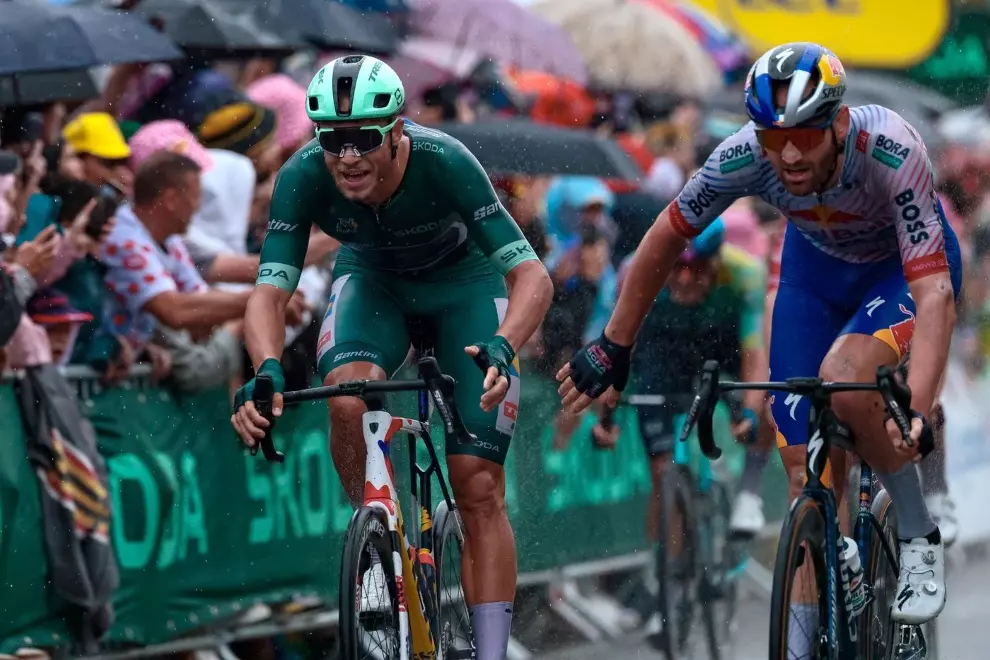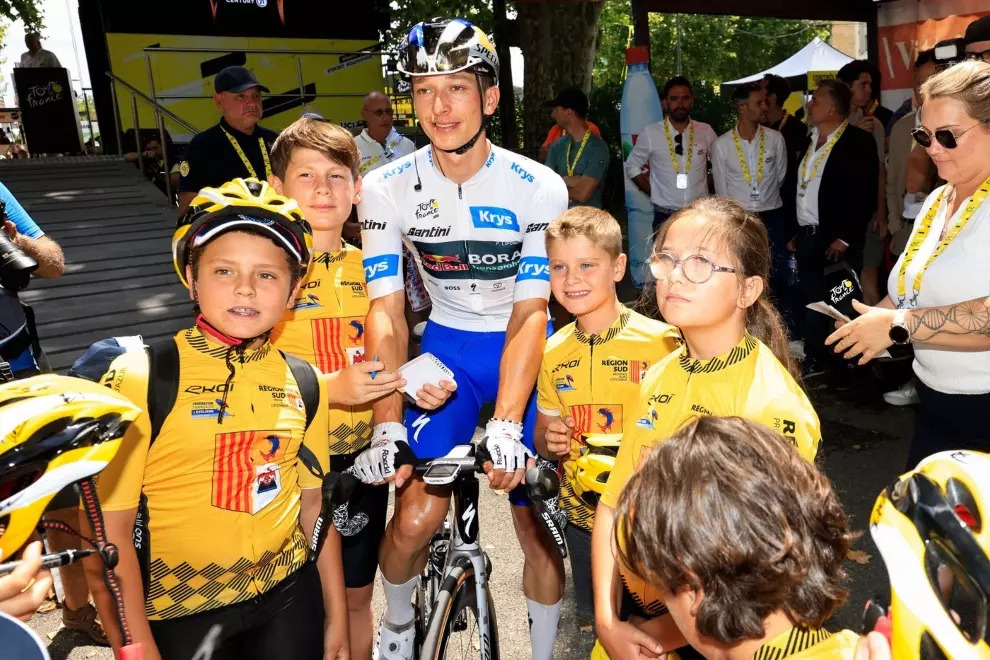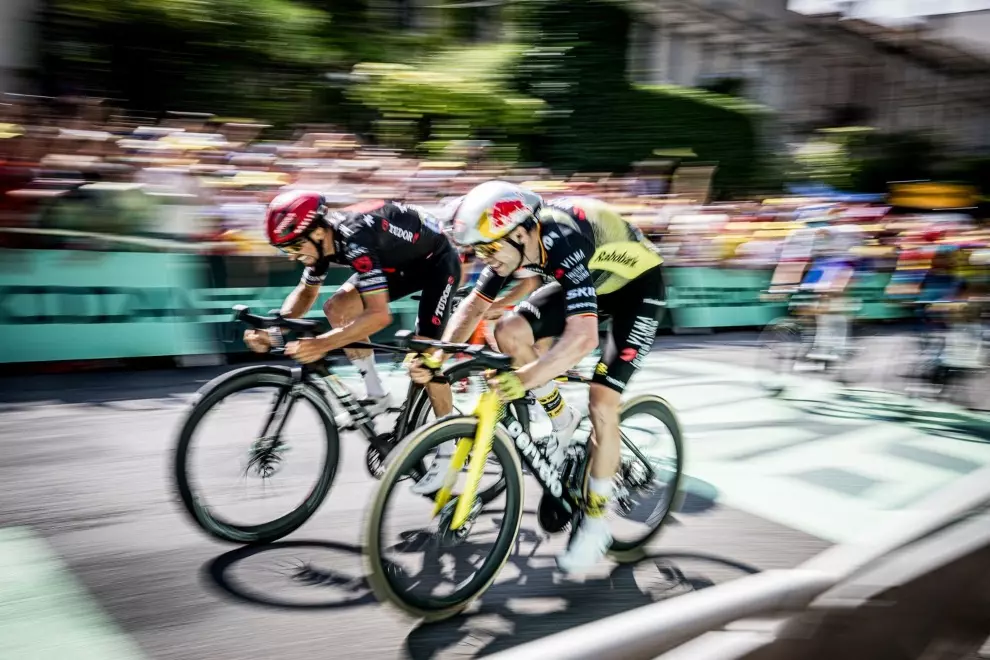So, there are many very good reasons to have the Grand Départ in the Belgian capital: it gives the country and the Tour de France the opportunity to pay homage to a great champion and, indirectly, to celebrate the race itself and its past heroes. But, of course, there is also a very important economic aspect for the host.

The Tour de France is the world’s third most viewed sporting event, broadcasted in 190 countries. As the city of Brussels states on its website: “This is a unique opportunity… to promote the city, to put ‘Brussels on the map’. But also to reveal [its] architectural, cultural and culinary heritage and to emphasize [its] cosmopolitan and open aspect in Europe.” In other words, it’s great advertising.
More directly, it provides an immediate economic boom to the city because road racing aficionados, Merckx fans (of which there are many) and Tour de France tourists from all over the world will fill its hotels, restaurants and tourist shops.
These benefits don’t come free of charge, of course. Cities bid to host a Grand Départ or any other stop in the three-week race – and the honour doesn’t come cheaply. According to the Cyclist magazine, the British city of Portsmouth and the Danish capital Copenhagen both offered bids to host the 2019 Grand Départ. And London had also been in the running.

In order to fund its bid, Portsmouth had asked for a grant of more than £2 million from the British government. But with the British Cycling focusing its efforts on hosting the UCI Road World Championships in Yorkshire this year, the bid fizzled. London never made an official bid, because the city’s former mayor, a certain Boris Johnson, vetoed the idea because of the cost involved.
The costs of hosting a stop of any grand tour race are indeed high. The bid for the right to host the race includes, among other things, money to cover the costs of the complex logistics of managing the spectacle: police to maintain law and order, hiring and training volunteers to perform the many tasks involved with making sure every spectator and visitor knows where to be and how to get there, the clean-ups, rerouting traffic, and so on.
According to VeloNews, Denmark spent an estimated $3.86 million to host three stages of the 2012 Giro d’Italia. Seven years later, the costs will certainly be greater, perhaps even double. Both ASO, which runs the Tour de France, and the county of Yorkshire, which hosted the 2014 Grand Départ, refused to reveal the costs of the event (ASO does not reveal financial arrangements as a matter of policy). However, Edinburgh, which also bid for the 2014 start, had budgeted £10 million for it. That is a lot of money – and will be even more for Brussels, five years on.

But the benefits easily outweigh the costs. As VeloNews put it: “The potential economic impact on the Tour’s overall start host is estimated to be more than 10-fold.” And Andrew Denton, head of media for Yorkshire’s Grand Départ told the magazine that while their bid was “considerably less” than £10 million, “We believe it will be worth £100 million to us.”
That is why local and national governments and investors are so eager to hand over millions to road race organizers for the privilege of hosting a grand tour stop or start. As former Giro director Angelo Zomegnan said, “The amount is quickly absorbed because the Giro d’Italia leaves the city with at least 10 times its investment.”




